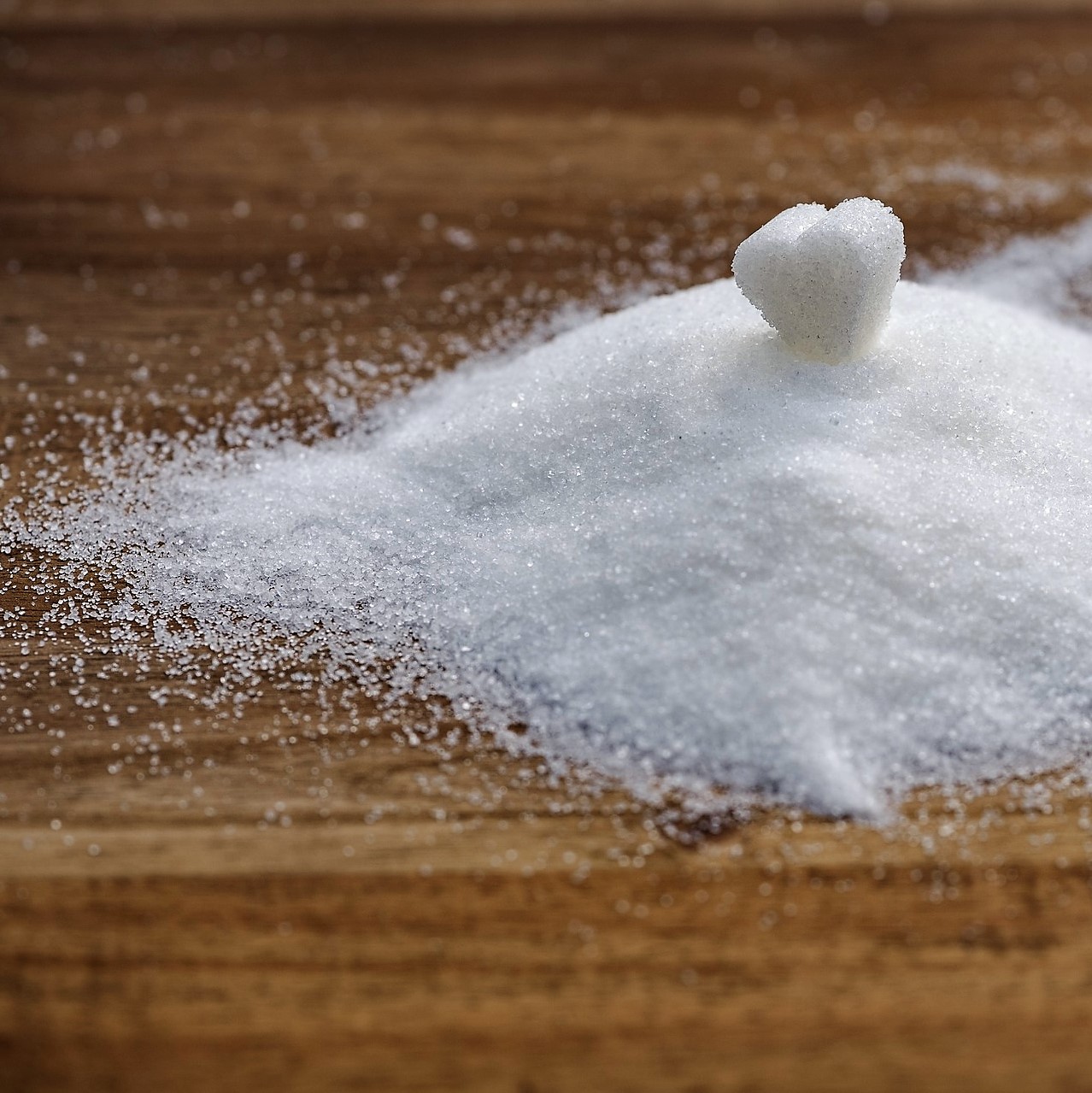Here’s something that might make you question all prior research on sugar. Usually this research is done by asking people how much they eat rather than actually measuring how much they eat. This is also the case for measuring sugar intake.
Those who SAY they eat the least sugar seem to be at the HIGHEST risk of obesity. Something’s not right here…
New techniques now allow us to measure how much sugar people actually eat through a biomarker in the pee (urinary sucrose). (1) Interestingly there is a disagreement between how much sugar people say they eat and how much is measured in the urine! The difference may equate to as much as 50 grams of sugar daily. That’s over 12 cubes, or 200 calories extra! (2)
Those with MEASURED low consumption have the LOWEST risk of obesity. This makes more sense. Added sugar = added calories = increased risk of weight gain and obesity. So it seems that we can’t always trust what people say…
Hopefully this biomarker will be used more in the future.
Sources:
1. Association between urinary biomarkers of total sugars intake and measures of obesity in a cross-sectional study. doi: 10.1371/journal.pone.0179508.
2. Association between sucrose intake and risk of overweight and obesity in a prospective sub-cohort of the European Prospective Investigation into Cancer in Norfolk (EPIC-Norfolk) doi: 10.1017/S1368980015000300





